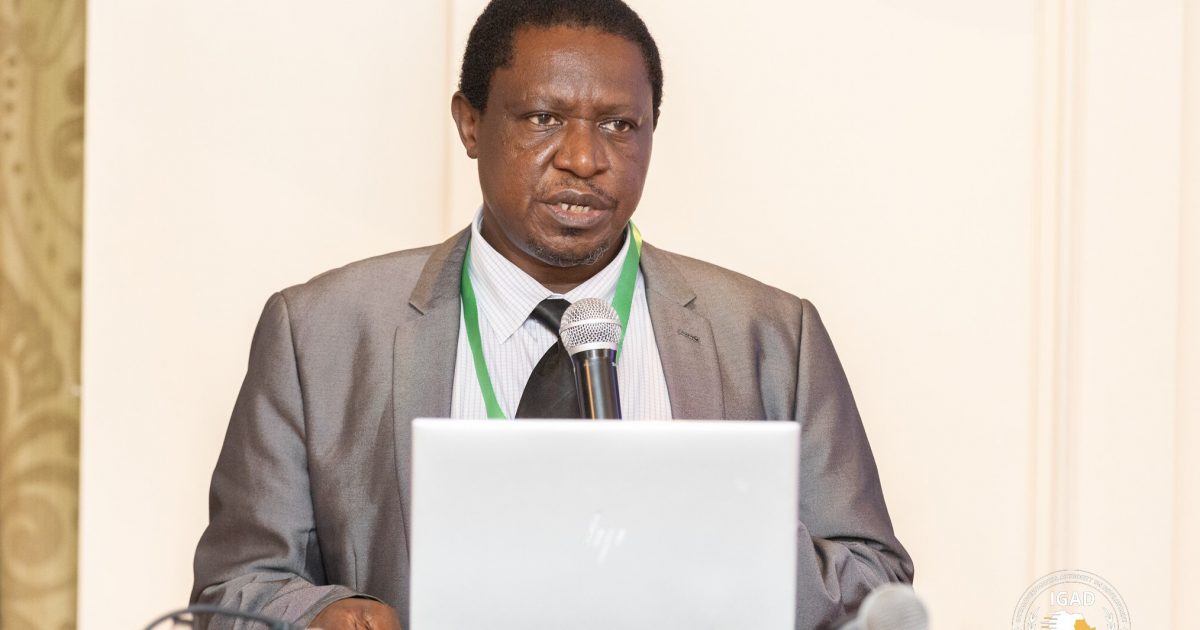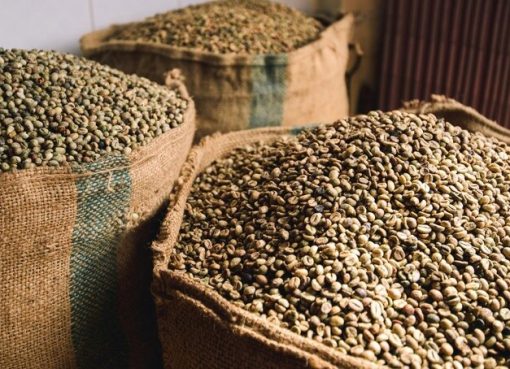The Intergovernmental Authority on Development (IGAD) has convened a three day Media Advocacy Training and a Journalists Training workshop to promote Blue Economy in the region.
The training is directed towards officers in charge of Blue economy at the IGAD Member states to build capacities of the beneficiaries in communication and media advocacy to promote sustainable practices.
Speaking during the opening of the workshop, Director Fisheries and Aquaculture Development in the Kenya’s Ministry of Agriculture, Livestock Fisheries and Cooperatives Rodrick Kundu said there is urgent need to move the discourse on blue economy from government offices to the public arena in order to bring about wider ownership, participation and investment in the vital sub sector.
“The public needs to know the range of economic investment opportunities in the broad Blue Economy and by tapping on its potential, it should provide room for economic growth and development to be able to enhance the livelihoods of the people and create employment opportunities and reduce poverty,” he said.
Kundu noted that Kenyan government is undertaking policy, legal and institutional reforms to create an enabling environment for sustainable exploitation of the economic resources in the country.
This includes creation of new institutions to support the fisheries sector, developing regulations for rights based fishing in the Indian Ocean and also development of a national blue economy strategy to create synergy among the various sectors.
Globally, the Director added that Kenya is a key player and has made several commitments to a sustainable blue economy especially by President Uhuru Kenyatta being the patron of the ocean decade Alliance (2020-2030) responsible for mobilizing resources for implementing the sustainable Ocean Action initiatives.
Kenya, he added, is also a member of the commonwealth blue charter which plays active roles on the issues that promote oceans economy development and provides leadership on the Blue economy action group.
“Kenya and IGAD states have invested a lot in the blue economy, however these commitments and investments will not count for much, if the most important partner which is the public is not meaningfully engaged,” he said.
He therefore said the crucial role of mass media towards breaking down and communicating knowledge on issues of blue economy cannot be gainsaid.
“IGAD has found it necessary to organise this training programme whose aim is to bring together journalists from IGAD member states and fisheries experts to among other things come up with techniques of promoting sustainable fishing and exploitation of Marine resources in the Eastern Africa, Southern African and Indian Ocean,” Kundu said.
Dr. Eshete Dejen, Fisheries Expert from IGAD said they had launched a Trans-boundary Fisheries management which is currently on a pilot programme and through it member states will need to come together and create awareness for ASAL communities, governments and development partners to address unsustainable harvesting of fisheries resources.
He gave an example of small-scale fisheries in Lake Turkana whose production potential is estimated to be more than 30,000 tonnes annually but the current production is estimated to be 5,000 tonnes brought about by not having fisheries management implemented and fishing is open access.
He further noted that under the programme, the issue of Gender is critical in aquatic resources as they manage the value chain in the sub sector. “We have to advocate the role of women in the management of aquatic resources,” Eshete said.
According to IGAD, after the three day training one of the outcomes will be the establishment of a Regional ‘Blue Economy Journalists Network’ whose terms of reference will include sensitising , informing and empowering the public, direct actors and also decision makers about the importance of the Blue economy sector in the region.
The “Intergovernmental Authority on Development” (IGAD) is a body currently comprising seven countries in the Horn of Africa. The regional organisation based in Djibouti supports its member states in their manifold development efforts, especially in the areas of peace processes and food security.
By Wangari Ndirangu





